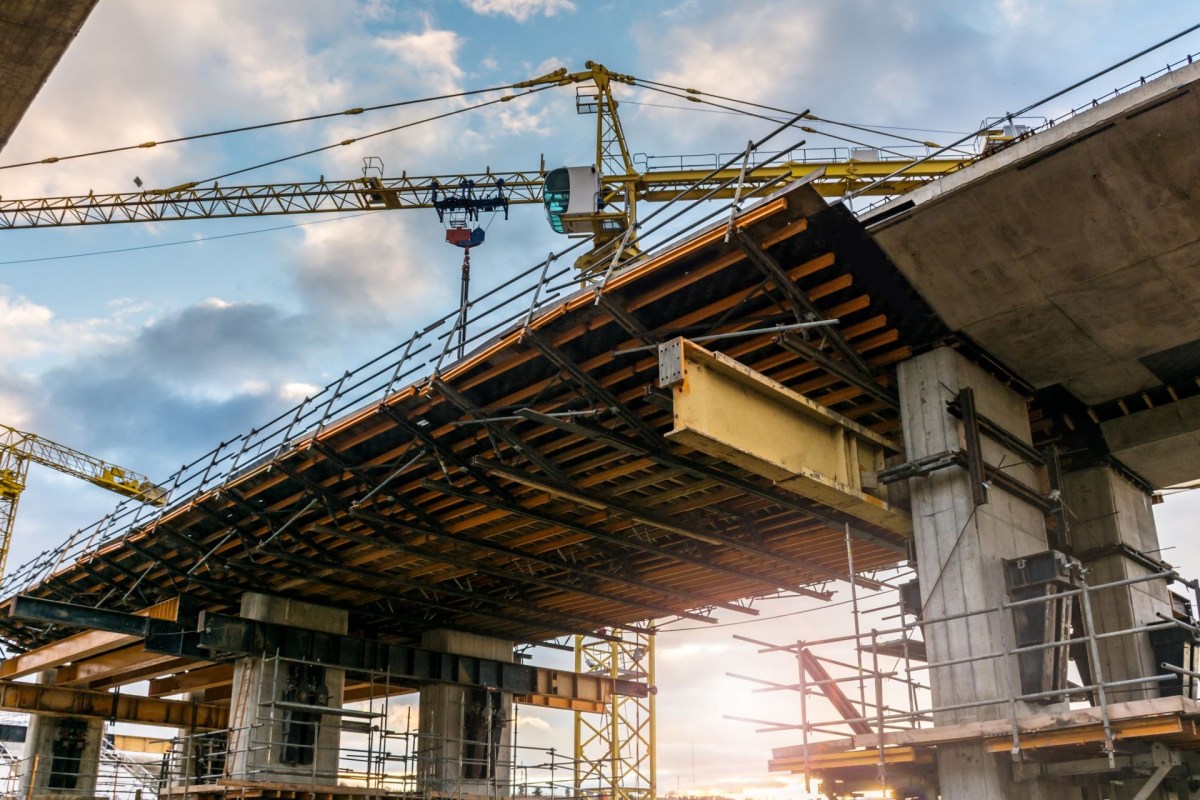When we hear the word "highway," most of us think of long stretches of asphalt clogged with cars. Dubai's new smart highway, the Loop, is a different kind of highway — one that aims to keep harmful emissions out of our atmosphere by prioritizing pedestrians and cyclists.
Dubai is a car-centric city — built with cars, not people, in mind. When designing cities, urban planners have often assumed most people would be traveling through the city by car, which makes transportation a challenge for those who'd prefer to walk or bike. As a result, more cars fill the roads, pumping more harmful emissions into our atmosphere.
The Loop is connected to Dubai's plan to become a 20 Minutes City (similar to the 20-minute neighborhood concept) — an area in which residents can walk or bike to major attractions, grocery stores, schools, and parks within 20 minutes. Walkable cities significantly reduce air pollution by ending residents' reliance on cars.
Dubai-based sustainable city developers URB unveiled their plans for the Loop in late January. The proposed highway is about 58 miles of foot and bike paths housed in a plant-filled interior. The structure will be climate-controlled, allowing residents to walk or bike no matter the weather.
With the Loop, URB hopes that more than 80% of Dubai residents will be walking or biking to work by 2040.
"Our aim is to re-engineer the future mobility infrastructure in Dubai to become more than sustainable transport systems — to think of such infrastructures as much as spaces and utilities for people, where various leisure and community services can also be provided," URB CEO Baharash Bagherian said.
As well as bike and footpaths, the Loop will house vertical farms, hotels, wellness centers, and sports parks. URB hopes the Loop will not only reduce emissions but will also improve public health and strengthen communities.
The Loop will be powered with renewable kinetic energy through the kinetic pavement, a kind of pavement that harvests energy from the impact of footsteps. Plants within the Loop will be watered with 100% recycled water.
The project is currently in the research and development stage. If built, the Loop could revolutionize how Dubai residents navigate the city, as well as set an example for other cities to follow.
Join our free newsletter for weekly updates on the coolest innovations improving our lives and saving our planet.









